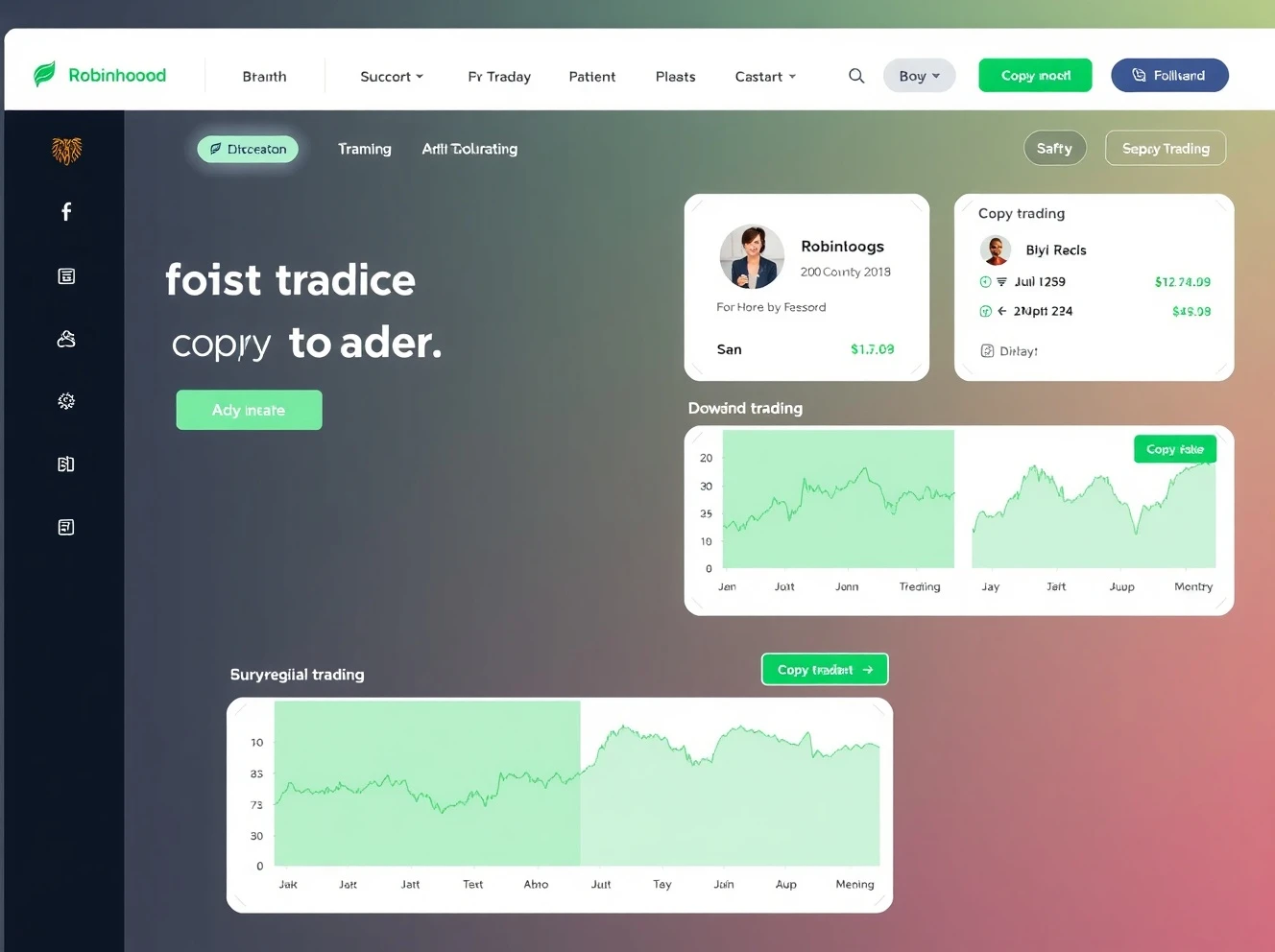In a stunning reversal, Robinhood has launched its own copy trading platform just months after warning competitors about regulatory risks. This dramatic shift signals a major evolution in the fintech landscape and represents a significant bet on changing regulatory attitudes toward social trading features.
Robinhood’s Copy Trading Transformation
Robinhood recently announced “Robinhood Social,” a new feature enabling users to follow and manually replicate trades of prominent investors. This move marks a complete turnaround from the company’s previous stance. Notably, CEO Vlad Tenev had previously suggested that smaller copy trading platforms operated primarily because they flew “under the radar” of regulators.
Regulatory Landscape Evolution
The regulatory environment for copy trading has undergone substantial changes recently. Under the Biden administration, crypto companies faced intense scrutiny. However, the current administration’s crypto-friendly stance has created new opportunities. Meanwhile, numerous crypto companies have successfully become publicly traded entities, demonstrating growing market acceptance.
Key Differences in Copy Trading Approaches
Robinhood’s copy trading implementation differs significantly from competitors:
- Manual replication instead of automatic copying
- Identity verification requirements for all participants
- Portfolio position proof for transparency
- Gradual rollout starting with 10,000 test users
Competitive Landscape and Market Response
The copy trading market features established players like eToro, which has offered U.S. copy trading for years through its CopyTrader feature. Newer platforms like Dub have emphasized educational components and risk management tools. Steven Wang, Dub’s 23-year-old founder, previously criticized Robinhood for making trading “super easy without expert guidance,” calling it “gambling for the broader population.”
Implementation Strategy and Safety Measures
Robinhood’s careful approach to copy trading includes several safety features. The platform will feature verified traders and display activities of famous investors and members of Congress. Unlike informal social media copy trading, Robinhood requires rigorous identity verification and actual portfolio position proof. The company plans initial testing with 10,000 users before wider implementation.
Market Implications and Future Outlook
Robinhood’s entry into copy trading could signal broader market acceptance. eToro’s successful May IPO, which raised $310 million with shares surging 29% on debut, demonstrated strong investor appetite for copy trading platforms. If Robinhood successfully navigates regulatory challenges, other fintech companies will likely follow suit, potentially opening floodgates for new platforms.
Frequently Asked Questions
What is copy trading?
Copy trading allows investors to automatically or manually replicate the trades of experienced investors they choose to follow.
How does Robinhood’s copy trading differ from competitors?
Robinhood requires manual trade replication rather than automatic copying, along with strict identity verification and portfolio proof requirements.
When will Robinhood Social launch?
The platform is scheduled to launch early next year, starting with 10,000 test users before wider availability.
What regulatory concerns exist around copy trading?
Regulators have expressed concerns about gamification of trading, proper risk disclosure, and ensuring investors understand the risks involved.
How does copy trading benefit retail investors?
It provides access to strategies of experienced traders while allowing users to maintain control over their investment decisions.
What safety measures does Robinhood include?
The platform includes identity verification, portfolio position proof requirements, and manual trade execution to address regulatory concerns.








